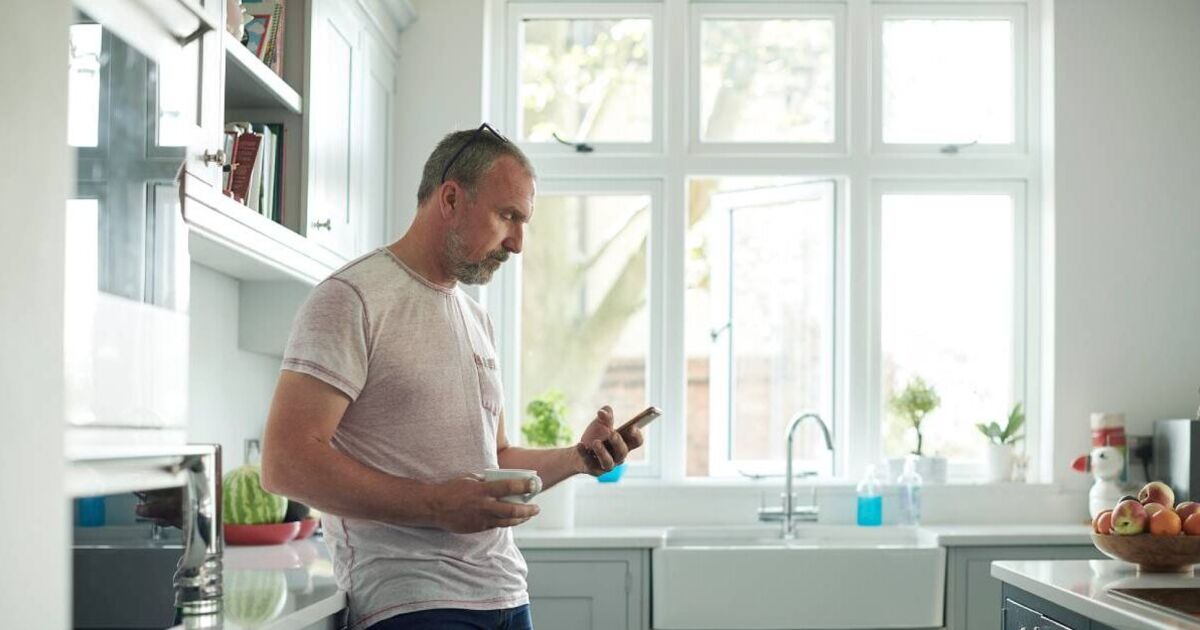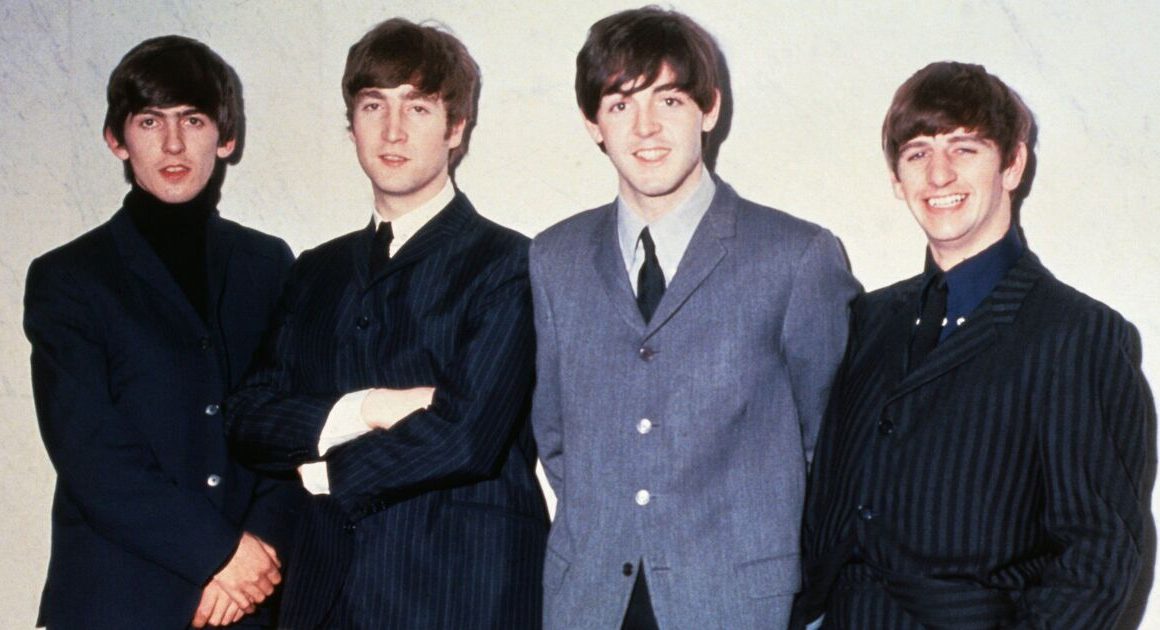By inputting the amount of time you spend browsing content on your phone, a new online tool reveals what novels you could have read in the time you spend aimlessly scrolling.
It includes literary works like Dracula, Dune, and It. While other featured titles include Richard Osman’s Thursday Murder Club, Jane Austen’s Pride and Prejudice, and Helen Fielding’s Bridget Jones’s Diary.
The new tools follows a survey that revealed the average smartphone user typically spends over two hours a day on their device – that’s two-and-a-half days a month.
In this time, if reading at an average pace of 250 words per minute, they could have finished F. Scott Fitzgerald’s The Great Gatsby in less than a day or Leo Tolstoy’s War and Peace in about nine.
The study discovered that the average adults typically read a book in 12 days and the average adult is said to have finished seven books this year. The primary barriers to reading included a lack of time and motivation, as well as minimal energy.
The study was commissioned by TCL following the launch of its 50 Pro NXTPAPER 5G smartphone which toggles between a smartphone and an e-reader.
William Paterson, TCL UK & Ireland Country Director, added: “We know many people struggle to read as much as they would like to, and it can be hard to pick up a book and stick to it.”
The survey has uncovered that a staggering quarter of adults battle with disconnecting from the digital universe, with those between 18 to 24 years old feeling particularly reliant on their devices.
Youngsters in this age bracket, who are habitual readers, confess to frequently getting sucked into aimless phone scrolling. Putting it down to the fact their means of communication are predominantly online; other young adults are wary of being out of the loop.
To cut down the amount of time spent online, 38% have set a time limit on their social media usage. And although mobile phone usage is higher when out and about, over half are likely to pick up a book at home in an effort to unwind.
For 43% they say reading helps them to relax and switch off. This is 10% higher than those who said the same for their mobile phones.
Spokesperson, William Paterson, commented: “It is clear people are keen to read more often but instead spend downtime scrolling mindlessly on their phone usually with no end goal in sight.”
“The tool is a fantastic way to discover the amount of reading you could achieve in that time and how for example just 10 minutes less scrolling a day could result in reading so many pages.”












